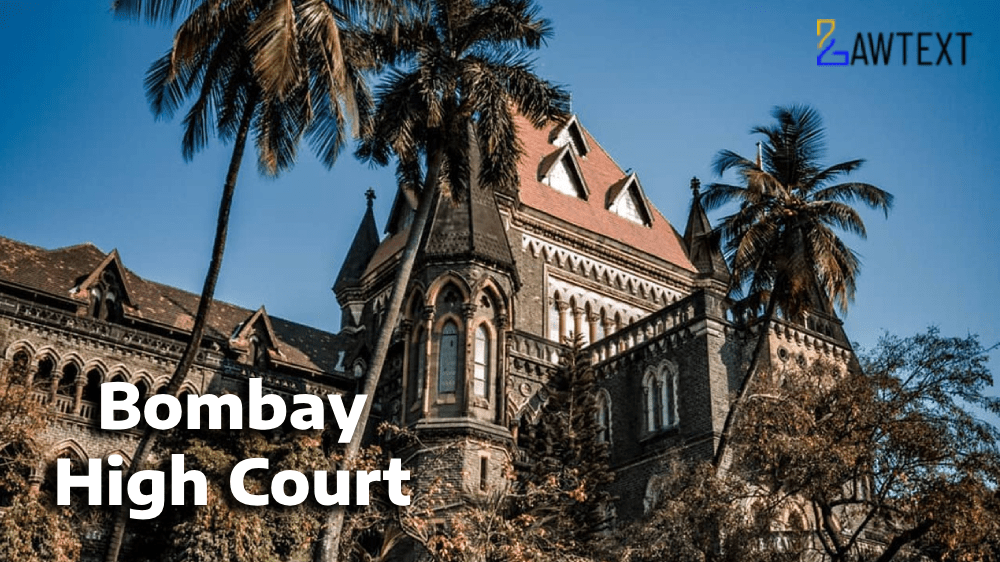Maharashtra Police’s Delay in Challenging Eviction Decree: Court Refuses to Condoned Delay Citing Lack of Justifiable Reasons. Court rejects the Maharashtra State’s plea to condone a delay of nearly 2 years in filing a revision against an eviction decree, ruling no special treatment for government departments in matters of delay.

CASE NOTE & SUMMARY
The Bombay High Court refused to condone a delay of 1 year and 300 days by the State of Maharashtra and the Commissioner of Police, Mumbai, in filing a Civil Revision Application challenging an eviction decree. The Court held that government entities are not entitled to any special privilege in seeking condonation of delay and must provide reasonable and justifiable reasons for the delay, which was absent in this case.
-
Eviction Decree and Initial Appeal:
- Plaintiffs-landlords filed R.A.E. & R. Suit No. 632/1148 of 2004 seeking possession of a tenanted room in ‘Ahmed Building’ in Mumbai.
- The suit was decreed on 31 October 2012 by the Small Causes Court on the grounds of arrears of rent.
- The Applicants/Defendants (State of Maharashtra and the Commissioner of Police) appealed the decision, but the Appellate Bench of the Small Causes Court dismissed the appeal on 3 February 2020.
-
Delay in Filing Revision Application:
- The Applicants filed a Revision Application on 17 January 2024, with a delay of 1 year and 300 days.
- They sought condonation of this delay, citing the impact of the COVID-19 pandemic and bureaucratic delays in securing necessary approvals.
-
Applicants' Arguments for Condonation:
- The Applicants argued that the delay was due to the COVID-19 pandemic, which affected the functioning of government departments beyond February 2022.
- They contended that the period from 15 March 2020 to 28 February 2022 should not be counted, as per the Supreme Court’s orders, and emphasized the procedural delays in decision-making at various government levels.
-
Plaintiffs' Opposition to Condonation:
- The Plaintiffs opposed the application, arguing that the Applicants did not provide sufficient cause for such an inordinate delay.
- They cited Supreme Court judgments stating that government entities do not get special treatment for condonation of delays and must prove valid justification.
-
Court’s Findings:
- The Court noted that government entities are not entitled to any special privilege in matters of condonation of delay.
- It observed that several steps were taken by the Applicants during the suspension of the limitation period, suggesting they were not entirely prevented from acting.
- The Court concluded that there was no public interest or fraud involved that justified the delay.
Acts and Sections Discussed:
- Maharashtra Rent Control Act, 1999:
- Section 15(2) and Section 15(3): Concerned with the arrears of rent and the requirement for tenants to deposit rent following the notice and suit summons.
- Limitation Act, 1963:
- Discussed in the context of condoning delays and the principles of “sufficient cause.”
Ratio Decidendi:
The Court emphasized that government departments are not entitled to special leniency when seeking condonation of delay. The Limitation Act binds all entities, including the government, and they must provide a reasonable and acceptable explanation for any delay. The mere status of being a government entity does not justify an inordinate delay in filing appeals or applications unless public interest, fraud, or collusion is involved.
ISSUE OF CONSIDERATION
The State of Maharashtra Versus Mayuri wd/o. Kaushik Shah & Ors.
Citation: 2024 LawText (BOM) (8) 287
Case Number: INTERIM APPLICATION NO.10687 OF 2024 IN CIVIL REVISION APPLICATION (STAMP) NO.1765 OF 2024
Date of Decision: 2024-08-28
Case Title: The State of Maharashtra Versus Mayuri wd/o. Kaushik Shah & Ors.
Before Judge: SANDEEP V. MARNE, J.
Advocate(s): Mr. D.J. Haldankar, AGP for the Applicants-State. Dr. Abhinav Chandrachud i/b. Ms J.P. Thakkar for the Respondents.
Appellant: The State of Maharashtra
Respondent: Mayuri wd/o. Kaushik Shah & Ors.

